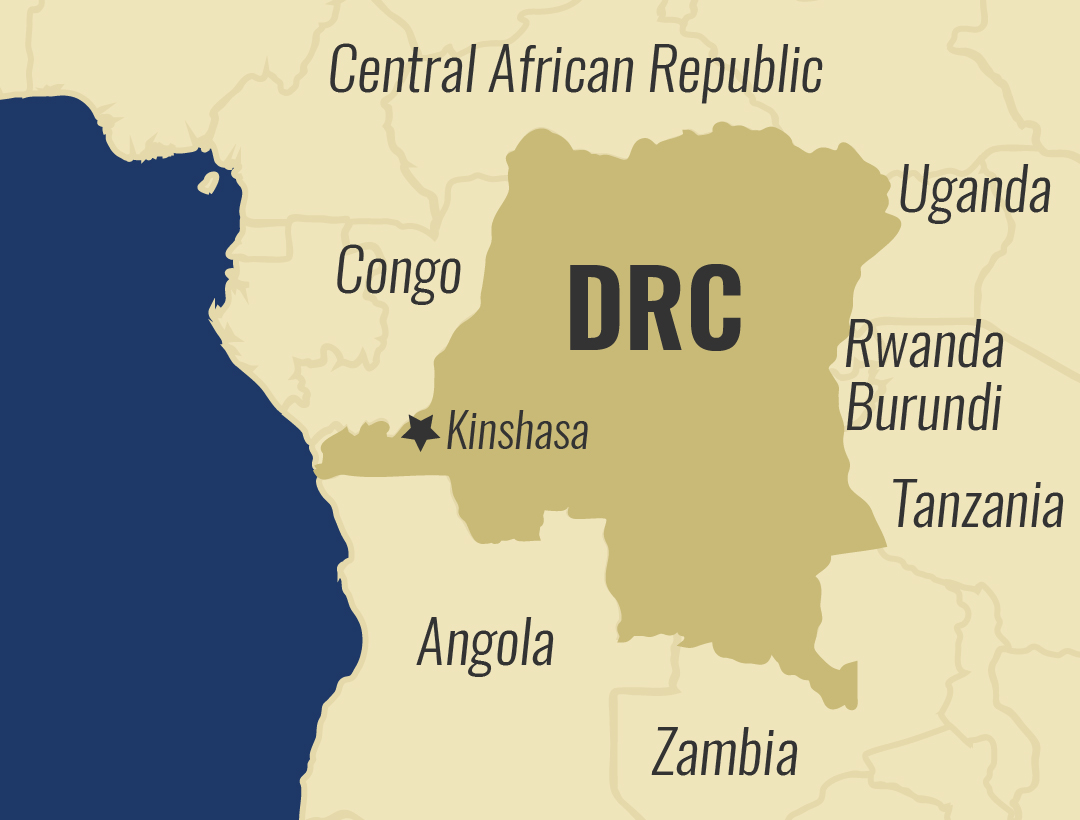Dancing to their own tune – Part 2
Dance hasn’t been widely accepted as a career in South Africa, Male dancer’s face a myriad of challenges when they choose to go down this route, their families, friends and community at large seem to look down upon them.

Despite a growing interest in ballet in South Africa, the society finds it hard to comprehend how one can dance for a living full time; this is true for both male and female dancers.
“I think it’s very underrate; people see it as something for kids to do during their school time.
As soon as you hit 18 that’s it, no more dancing and it’s just something you did in your teens.
But they don’t realize you can actually make a career out of it.
When I tell people, I dance professionally they don’t believe me.
They ask so what do you do, what’s your job then, and I tell them I get paid to dance, it’s what I do for a living,” Laments Sasha Knott a Ballet Dancer with Cape Town City Ballet.
Ballet in South Africa is transcending myths to conquer what was once viewed as an exclusive dance. A lot more black male ballet dancers are joining in the dance and making careers out of it. Perception has changed over the years and more male dancers practising ballet is more accepted. Times have changed, unlike before where it was seen as a girls thing to do. Male dancers suffer more as a result of not having support from family or parents to pursue dance as a career.
“The biggest challenge that I would tell I’ve faced in my dancing career is,
Not being able to easily convince my family that I actually can become a dancer and have a career in dancing,” Says Mohali Gawky.

Ballet is a precise and orchestrated form of dance… can practice and determination guarantee a professional career? The answer is a resounding yes! With Individual and collective efforts, significant strides in music and ballet continue to bear fruit. Xola Putye, for example, is a success story for male black dancers in South Africa. He practices ballet full time and has risen through the ranks of professional ballet dancing.

There are deliberate efforts to ensure ballet reaches every corner of the country. An example is the Dance for All, Road Show initiative. Dance For All is dedicated to giving children the opportunity to experience dance in school, irrespective of their backgrounds.
The initiative was founded in 1991 by Phillip Boyd, a former principle dancer with Cape Town city Ballet. In addition to training… Dance For All empowers children with life skills, supports their personal development and opens up their career possibilities.

More and more parents are being encouraged to let their sons join ballet classes so as to help de stigmatise dance and more specifically ballet dancing as a female art form.





